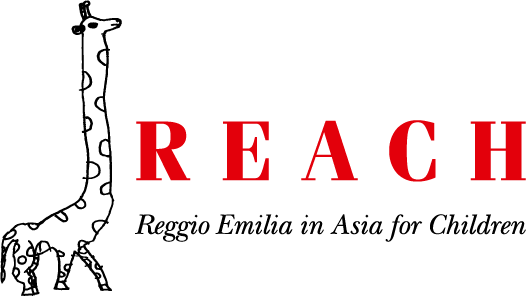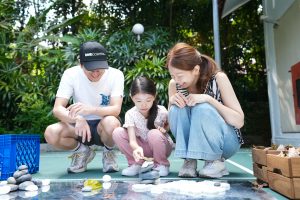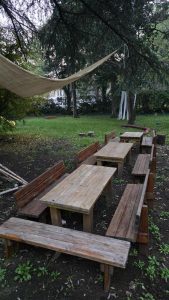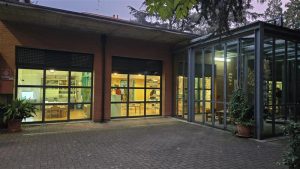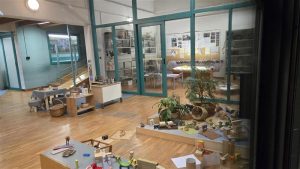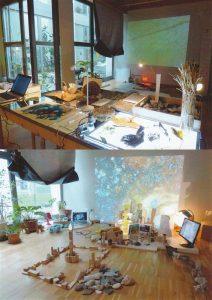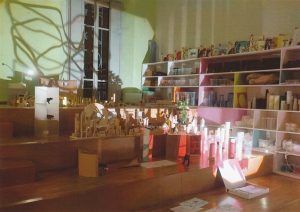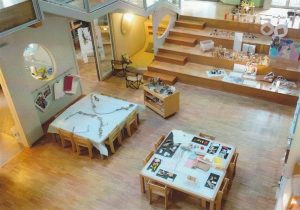Participating in the recent study group in Reggio Emilia was a transformative experience that deepened my understanding of its educational philosophy. Immersing myself in this inspiring environment, I was moved by the emphasis on seeing the child as capable, the power of collaboration, and the innovative practices that celebrate curiosity and creativity as the heart of learning.
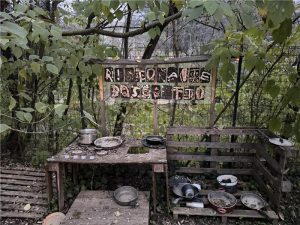
I gained a deeper appreciation for the idea that children build their lives through the knowledge and experiences they encounter and the relationships they form. Identity emerges from these interactions, shaped by the balance between belonging and recognizing differences. In education, time is key for these processes to unfold naturally, embracing mistakes and risks as essential parts of learning. Children thrive when given the freedom to explore, exchange ideas, and navigate conflicts. Through these experiences, children not only develop empathy but gain a greater understanding of others.
I also learnt that the Reggio Emilia Approach takes a social-constructivist view of teaching and learning, emphasizing the creation of contexts where children can lead their own learning. This happens through the interplay of their ideas with those of others and the world around them. In this framework, the adult’s role is to design environments that empower children to explore independently, rethinking traditional notions of teaching and learning. They model being active participants by giving a voice to various subjectivities and to the group.
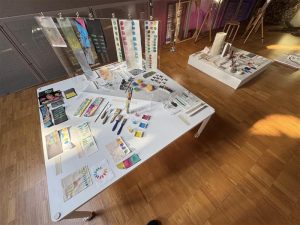
Teachers used documentation as a tool to gather information and the children’s responses to explore their own teaching, to inform professional dialogue and to generate questions and inquiry about the children and their learning. It is then shared with children and families to enable them to interpret, reflect upon, evaluate and co-construct the meaning of experiences. Therefore, observation and documentation are invaluable tools, serving not only as records but as reflective practices that enrich learning for both children and adults.
Reflection by:
Nurafahsha Binte Mohamad Ya’acob
Class Teacher
EtonHouse Pre-School Mountbatten 223
